Why This Matters
-
37% OF JOBS REQUIRE SOME COLLEGE EDUCATION
The number of jobs requiring postsecondary education, such as an
associate’s, bachelor’s, or master’s degree is expected to continue increasing through 2024. -
SCHOOLS OFFER MULTIPLE FAITH-BASED MAJORS
Students who attend Bible colleges can earn degrees that will prepare them for careers in various areas including education, counseling, social work, criminal justice and more.
-
DEMAND FOR CLERGY TO INCREASE 3% BY 2030
The Bureau of Labor Statistics projects the employment of clergy to grow at a rate of 3% through 2030. An additional 6,600 jobs will be available.
Our Research
For this list, we specifically focused on Bible colleges that offer online degrees at the associate’s, bachelor’s, and master’s levels. Many of the schools on this list also offer programs on-campus, or as online/in-person hybrids. Consider what works best for your learning preferences and schedule when selecting an in-person or distance-learning program. Also, your current education level and your career goals will inform what degree level you seek.
All of the schools on this list have either regional or national accreditation. Many schools are accredited by the Association for Biblical Higher Education (ABHE), which is a national accrediting body. Individual programs may have programmatic accreditation through specialized accrediting agencies as well.
We evaluated the online Bible colleges based on their faculty, cost, flexibility, course offerings, and reputation, then assigned each school an Intelligent Score on a scale of 0 to 100. Our top picks for the best online Bible colleges are affordable and highly respected.(For a more extensive explanation, check out Our Ranking Methodology.)
- 89 hours to write this article
- 201 universities and colleges we assessed
- 442 education programs we compared
Why Trust Us
The Intelligent.com Higher Education Team is dedicated to providing students with independent, equitable school and program rankings and well-researched resources. Our expert-driven articles cover topics related to online colleges and programs, paying for school, and career outlooks. We use data from the U.S. Department of Education’s College Scorecard, the National Center for Education Statistics, and other reputable educational and professional organizations. Our academic advisory team reviews content and verifies accuracy throughout the year for the most current information. Partnerships do not influence rankings or editorial decisions.
- Analyzed over 2,000 national, accredited, and nonprofit colleges and universities
- 800+ rankings pages are reviewed and updated yearly
- Content is informed by reputable sources, surveys, and interviews with academic advisors and other experts
- Over 100 data points are reviewed for accuracy and quality throughout the year, including sources
How we rank schools
Our list features the best online Bible colleges nationwide. Each school featured is a nonprofit, accredited institution — either public or private — with a high standard of academic quality for post-secondary institutions.
We evaluated each school’s program on tuition costs, admission, retention and graduation rates, faculty, reputation, and the student resources provided for online students. We collected data from trusted sources like the National Center for Education Statistics, individual school and program websites, school admissions counselors, and other data sources. Then, we calculated the Intelligent Score on a scale of 0 to 100 based on the following criterion:
Academic Quality:
- Admission rate versus enrollment rate
- Retention rate of students who return after year one
- Accreditation status (regional and programmatic)
- Nonprofit status, both private and public institutions
Graduation Rate
- Overall graduation rate
- Total number of currently enrolled students, including diversity metrics
- Student-to-faculty ratio
Cost and ROI
- In-state and out-of-state per-credit tuition rates and fees
- Required credits to graduate
- Earning potential after graduation
- Availability of federal student loans, scholarships, and other financial aid options
Student Resources
- Available student services for online-only and hybrid programs
- On-campus amenities like tutoring centers and the number of libraries
Read more about our ranking methodology.
The Top 62 Online Bible Colleges
FiltersInstitution Type
Status
- Intelligent Score
- Alphabetically By University Name
- Acceptance Rate
- Enrollment
- In-state Graduate Tuition
- Out-of-state Graduate Tuition
- In-state Undergraduate Tuition
- Out-of-state Undergraduate Tuition

Lancaster Bible College | Capital Seminary & Graduate School
Intelligent Score: 99.85In-state: $26,330
Out-of-state: $26,330
In-state: $10,470
Out-of-state: $10,470
SAT: 980-1200
ACT: 18-22
$440 per credit
Online
Middle States Commission on Higher Education
Undergraduate: 60-120 credits Graduate: 30-61 credits
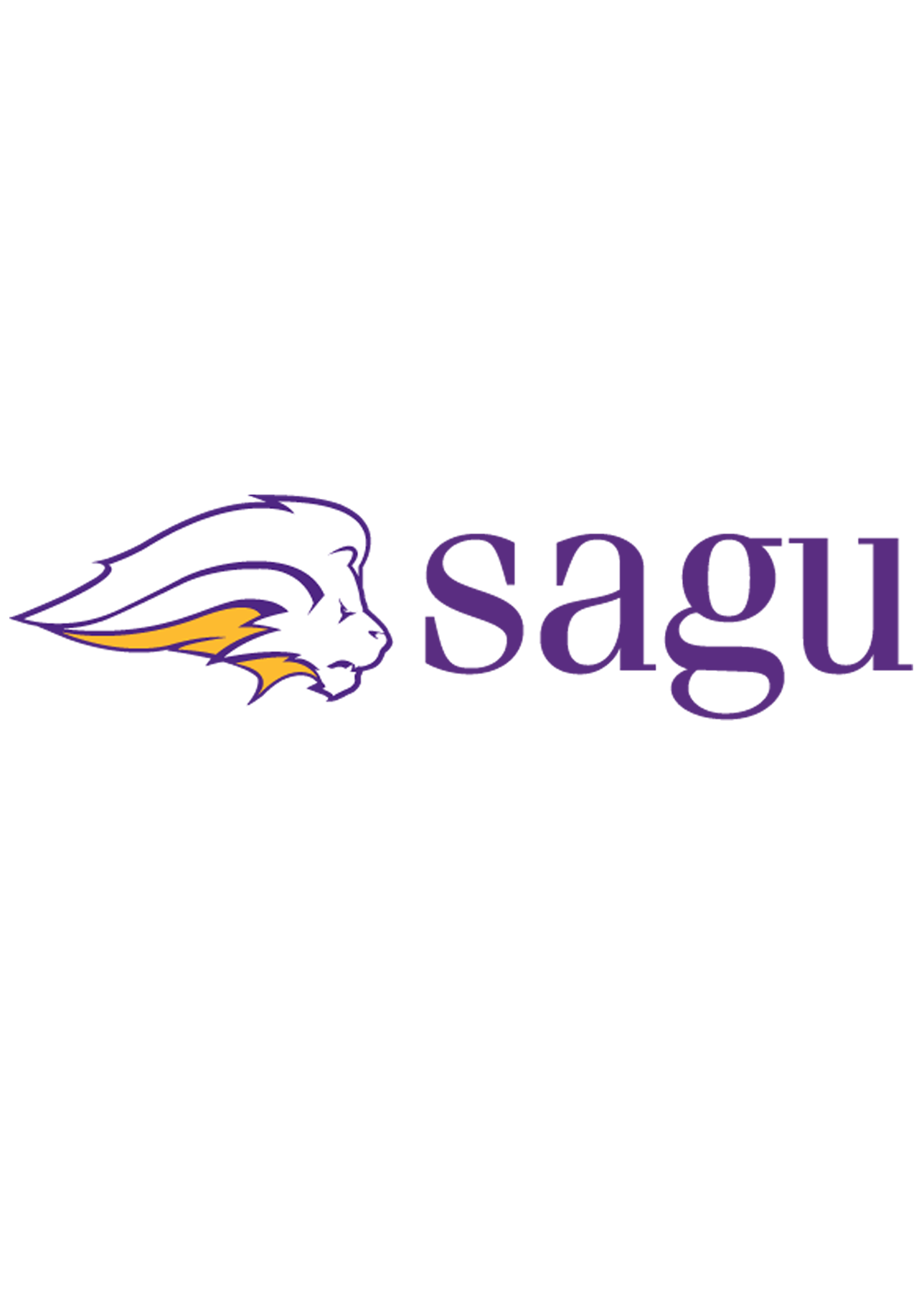
Southwestern Assemblies of God University
Intelligent Score: 98.64In-state: $20,496
Out-of-state: $20,496
In-state: $10,710
Out-of-state: $10,710
SAT: 900-1120
ACT: 16-22
$399 per credit
Online
Southern Association of Colleges and Schools Commission on Colleges
Undergraduate: 60-120 credits
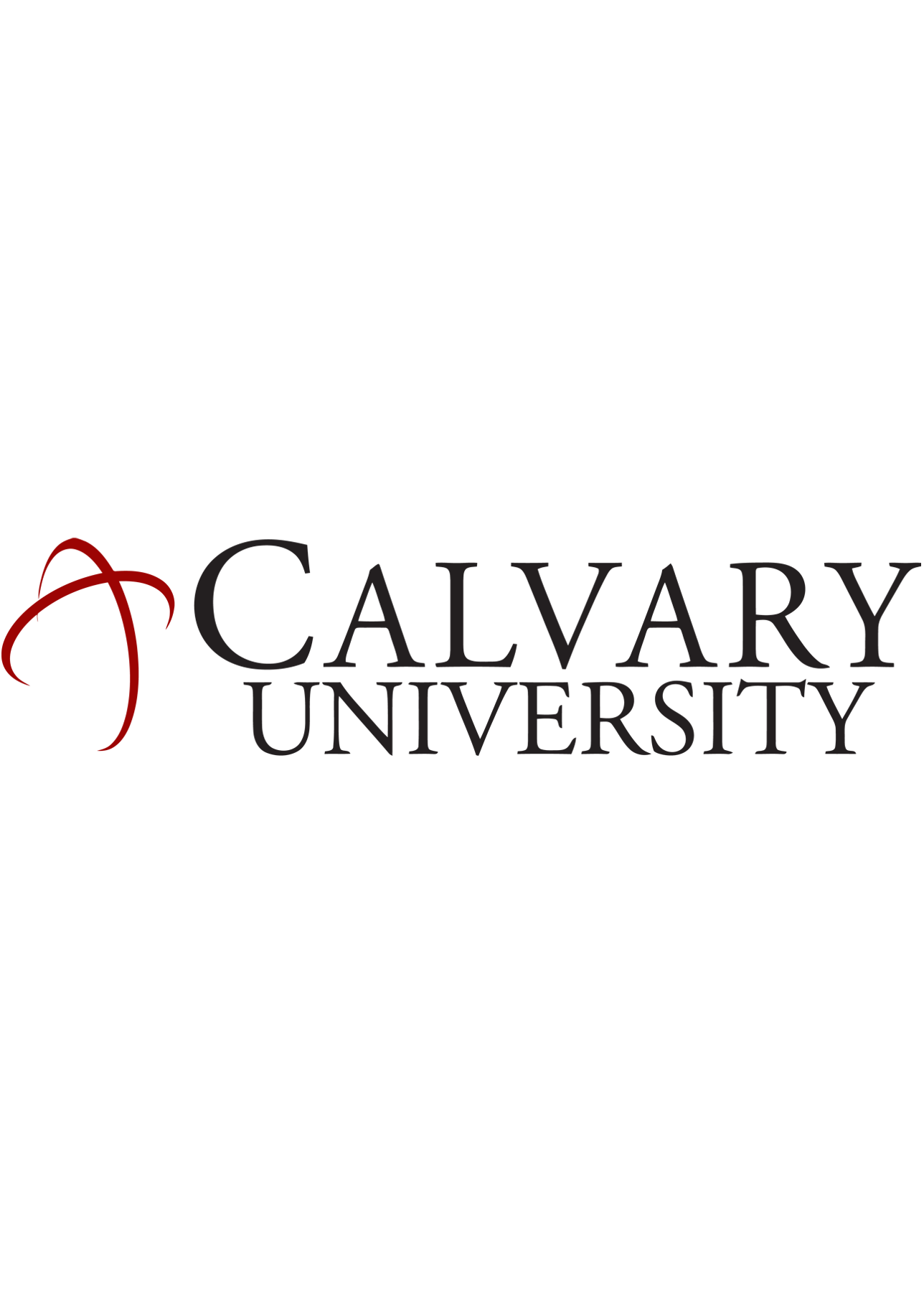
Calvary University
Intelligent Score: 97.64In-state: $10,276
Out-of-state: $10,276
In-state: $7,056
Out-of-state: $7,056
SAT: N/A
ACT: N/A
$415 per credit
Online
Higher Learning Commission
Undergraduate: 60-135 credits

Manna University
Intelligent Score: 97.35In-state: $23,618
Out-of-state: $23,618
In-state: $27,075
Out-of-state: $27,075
SAT: N/A
ACT: N/A
Undergraduate: $200 per credit Graduate: $280-$325 per credit
Online
Association for Biblical Higher Education
Undergraduate: 121 credits; Graduate: 30-39 credits
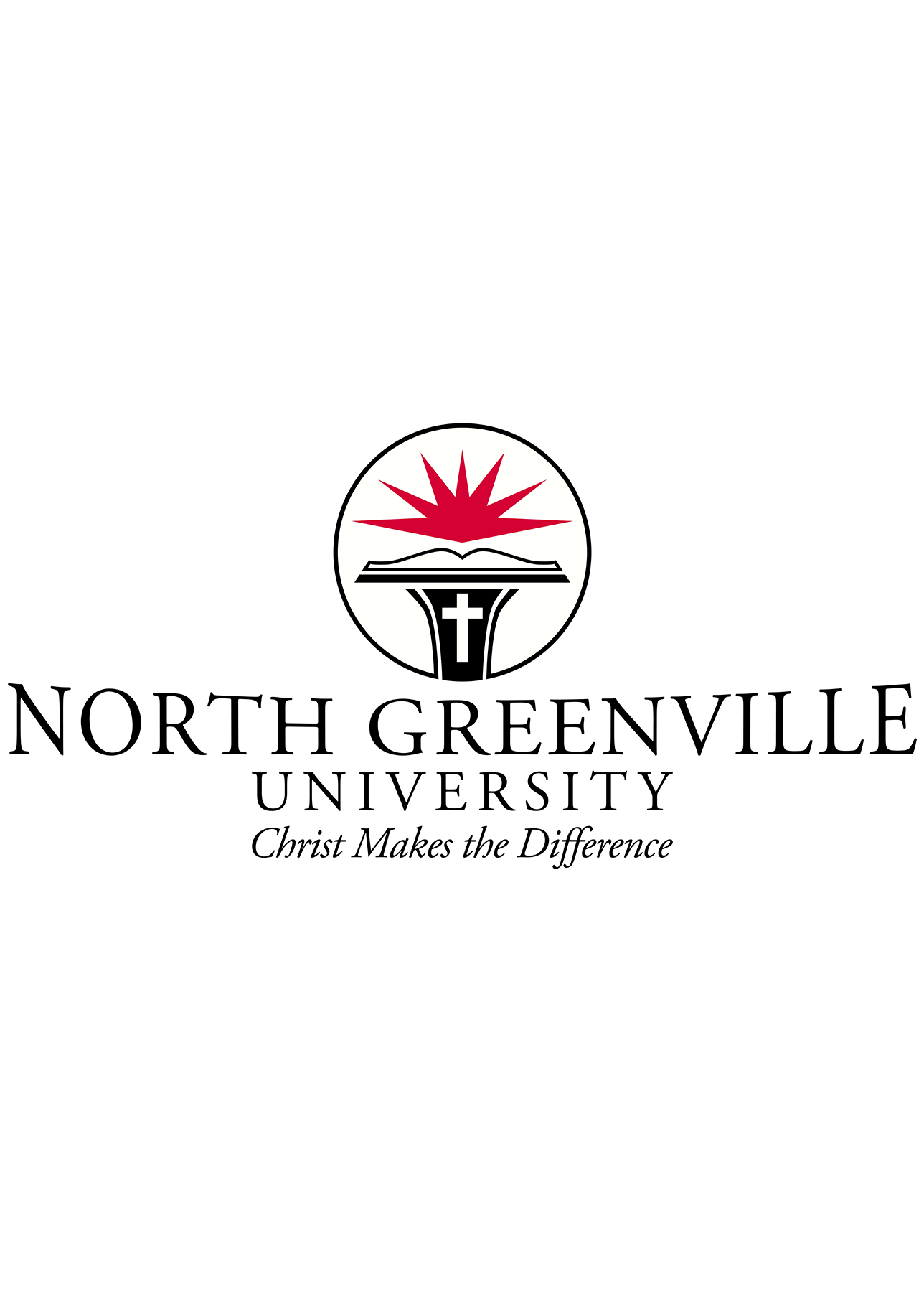
North Greenville University
Intelligent Score: 97.08In-state: $22,050
Out-of-state: $22,050
In-state: $11,400
Out-of-state: $11,400
SAT: 950-1210
ACT: 18-24
Undergraduate: $450 per credit Graduate: $415-$460 per credit
Online
Southern Association of Colleges and Schools Commission on Colleges
Undergraduate: 120 credits; Graduate: 32-75 credits

Faith Baptist Bible College and Theological Seminary
Intelligent Score: 96.81In-state: $30,719
Out-of-state: $30,719
In-state: $14,080
Out-of-state: $14,080
SAT: 940-1230
ACT: 17-23
Undergraduate: $399 per credit
Online
Southern Association of Colleges and Schools Commission on Colleges
Undergraduate: 32-142 credits
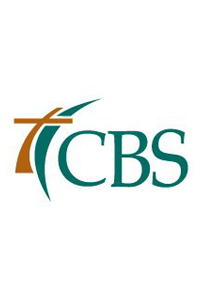
College of Biblical Studies, Houston
Intelligent Score: 95.93In-state: $21,426
Out-of-state: $21,426
In-state: NA
Out-of-state: NA
SAT: N/A
ACT: N/A
Undergraduate: $285 per credit
Online
Southern Association of Colleges and Schools Commission on Colleges
Undergraduate: 30-144 credits
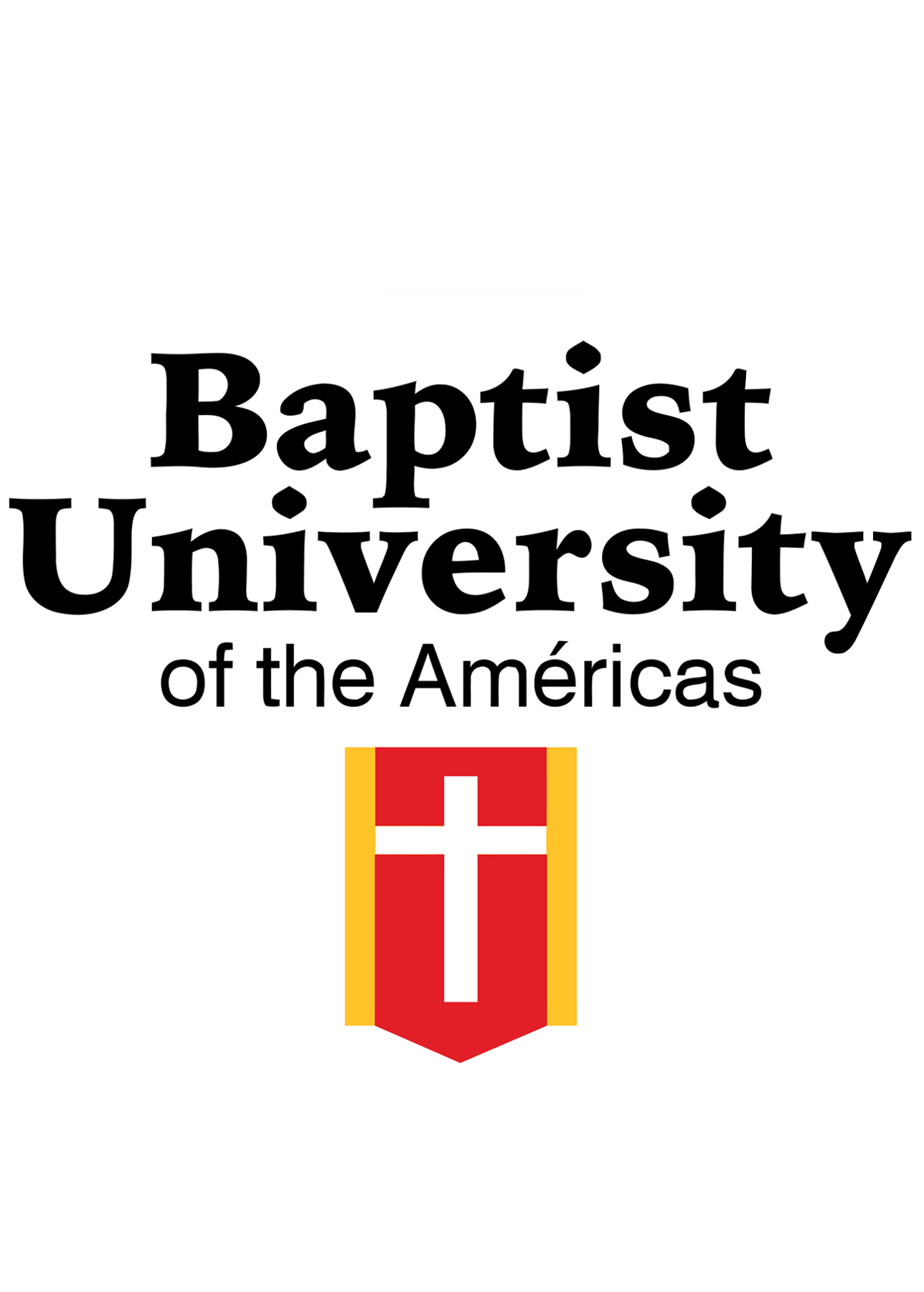
Baptist University of the Americas
Intelligent Score: 94.18In-state: NA
Out-of-state: NA
In-state: NA
Out-of-state: NA
SAT: N/A
ACT: N/A
Undergraduate: $3,024 per semester
Online
Commission on Accreditation of the Association for Biblical Higher Education
Undergraduate: 120 credits
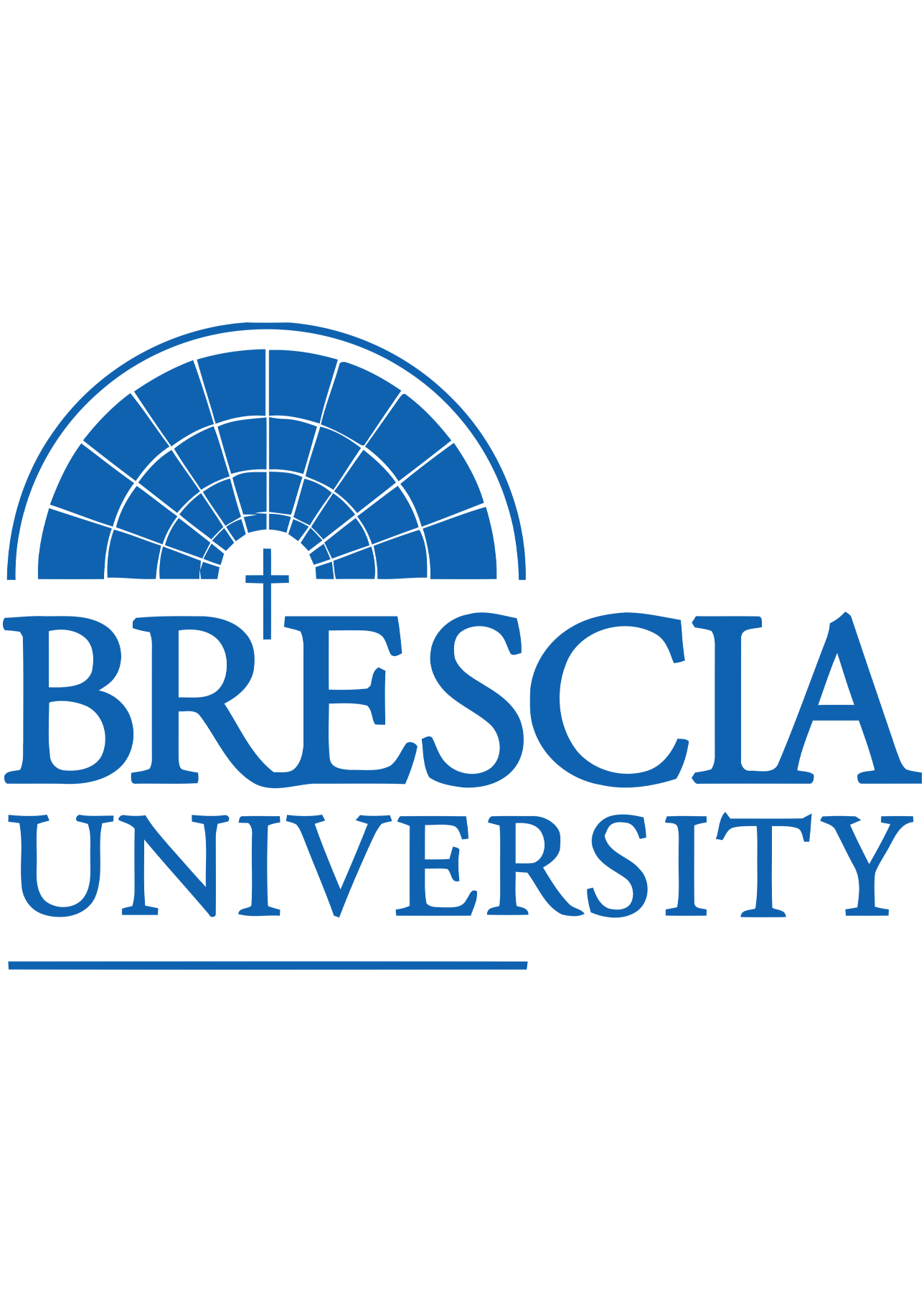
Brescia University
Intelligent Score: 93.34In-state: $24,500
Out-of-state: $24,500
In-state: $600
Out-of-state: $600
SAT: 985-1085
ACT: 19-25
Undergraduate: $600 per credit Graduate: $625 per credit
Online
Southern Association of Colleges and Schools Commission on Colleges
Undergraduate: 128 credits; Graduate: 30-60 credits

Bryan College
Intelligent Score: 93.16In-state: $16,900
Out-of-state: $16,900
In-state: $9,630
Out-of-state: $9,630
SAT: N/A
ACT: N/A
Graduate: $475 per credit
Online
Southern Association of Colleges and Schools Commission on Colleges
Graduate: 30-36 credits

Roberts Wesleyan College
Intelligent Score: 92.4In-state: $32,322
Out-of-state: $32,322
In-state: $14,394
Out-of-state: $14,394
SAT: 1020-1250
ACT: 22-26
Undergraduate: $587 per credit Graduate: $795 per credit
Online
Middle States Commission on Higher Education
Undergraduate: 124 credits; Graduate: 30-60 credits

Biola University
Intelligent Score: 92.33In-state: $43,512
Out-of-state: $43,512
In-state: $11,772
Out-of-state: $11,772
SAT: 1070-1290
ACT: 22-29
Undergraduate: $604 per credit Graduate: $474 - $667 per credit
Online
WASC Senior College and University Commission
Undergraduate: 120 credits; Graduate: 39-79 credits

Oral Roberts University
Intelligent Score: 91.68In-state: $29,700
Out-of-state: $29,700
In-state: $11,052
Out-of-state: $11,052
SAT: 980-1220
ACT: 19-27
Undergraduate: $410 per credit Graduate: $460 per credit
Online
Higher Learning Commission
Undergraduate: 120-124 credits; Graduate: 30 credits
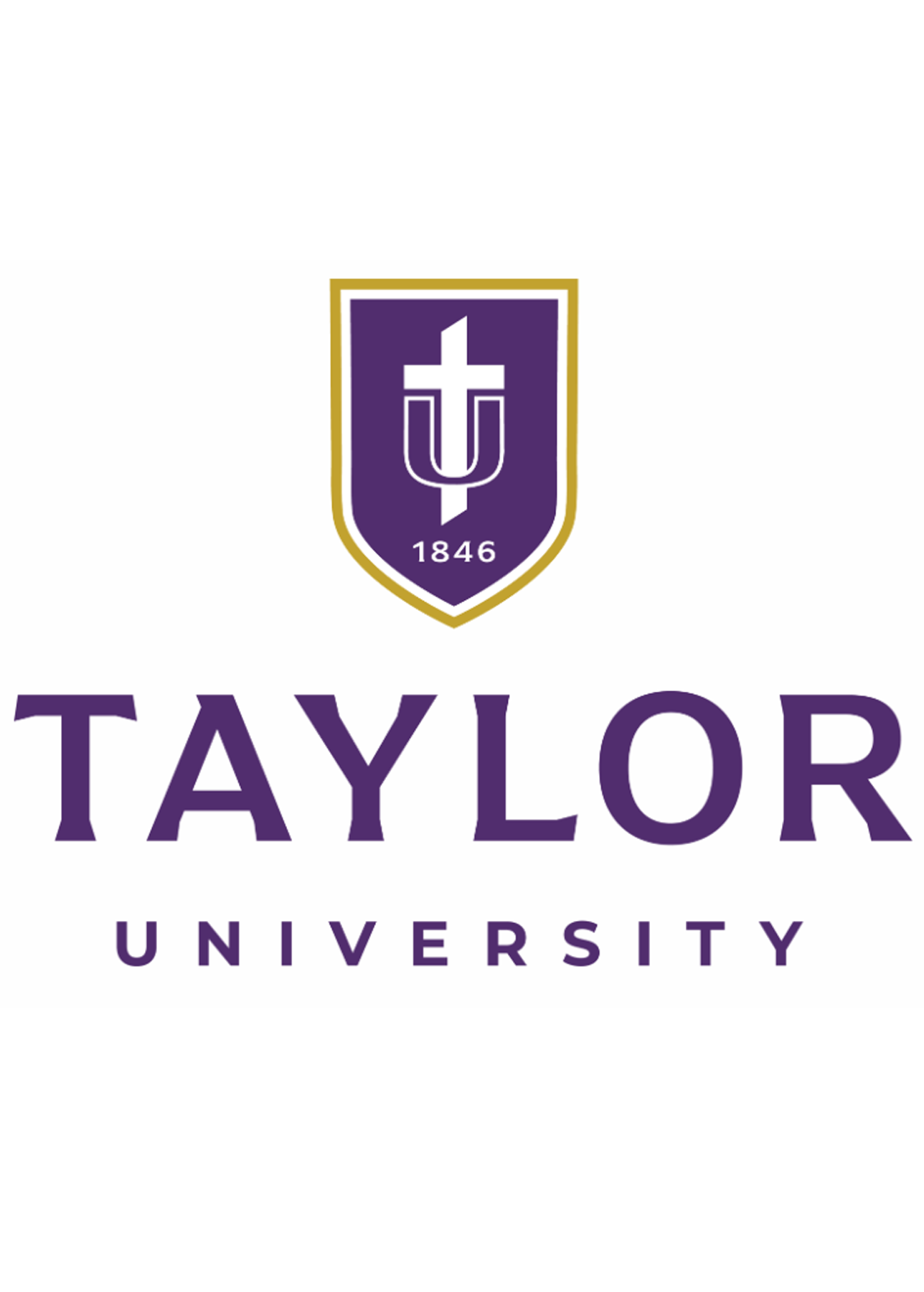
Taylor University
Intelligent Score: 91.54In-state: $36,535
Out-of-state: $36,535
In-state: $12,700
Out-of-state: $12,700
SAT: N/A
ACT: N/A
Undergraduate: $400 per credit
Online
Higher Learning Commission
Undergraduate: 65 credits

Dallas Baptist University
Intelligent Score: 91.22In-state: $30,690
Out-of-state: $30,690
In-state: $18,954
Out-of-state: $18,954
SAT: 980-1200
ACT: 20-27
Undergraduate: $1,074 per credit Graduate: $1,104 per credit
Online
Southern Association of Colleges and Schools Commission on Colleges
Undergraduate: 120 credits; Graduate: 36 credits

Florida International University
Intelligent Score: 89.92In-state: $4,721
Out-of-state: $16,529
In-state: $8,912
Out-of-state: $8,912
SAT: 1110-1260
ACT: 23-29
Undergraduate: In-State: $228.81 per credit
Out-of-State: $345.87 per credit Graduate: In-State: $455.64 per credit
Out-of-State: $1,001.69 per credit
Online
Southern Association of Colleges and Schools Commission on Colleges
Undergraduate: 120 credits; Graduate: 36 credits

Bethel University
Intelligent Score: 89.88In-state: $38,870
Out-of-state: $38,870
In-state: $11,700
Out-of-state: $11,700
SAT: 1040-1338
ACT: 21-28
Certificate: $508 per credit Graduate: $420-$530 per credit
Online
Southern Association of Colleges and Schools Commission on Colleges
Certificate: 9-24 credits; Graduate: 36-78 credits

University of the Cumberlands
Intelligent Score: 87.78In-state: $9,875
Out-of-state: $9,875
In-state: $4,282
Out-of-state: $4,282
SAT: 930-1140
ACT: 19-24
Undergraduate: $199 per credit Graduate: $315 per credit
Online
Southern Association of Colleges and Schools Commission on Colleges
Undergraduate: 120 credits; Graduate: 30 credits
What You Should Know About This Degree
Bible colleges occupy a unique space in higher education as institutions that grant degrees in many subjects, but teach courses through a faith-based lens. In addition to general education and major requirements, students at Bible colleges are required to take classes in Bible study, theology, Hebrew, Greek, and the life of Christ. Christian perspectives are also interwoven into the coursework for students’ majors.
Often students who intend to pursue careers in ministry attend Bible colleges for their undergraduate degrees. Depending on your career aspirations, an associate’s or bachelor’s degree from a Bible college might be sufficient. However, some students may decide to pursue a graduate degree at a seminary, which is another type of faith-based institution that focuses on ministry leadership roles.
When considering attending an online program, you will want to confirm that the school you plan to attend is authorized to grant degrees to students who live where you do. Regulations for degree-granting online programs vary by state, so it’s in your best interest to get this information before enrolling in a program.
Lastly, be sure the schools you are researching are regionally accredited. There are many online colleges that are not accredited, or nationally accredited. This can impact your eligibility for federal financial aid, the transferability of your credits, and the value of your degree post-graduation.
What’s Next?
Here are some questions to ask when researching Online Bible Colleges programs:
- What support do online students receive? Find out how the school provides online students access to resources like libraries, tutoring, technical support, and career services. Some schools also offer support services designed specifically for distance-learning students.
- Does the program have any in-person requirements? Depending on the exact degree you are pursuing, some programs may have in-person requirements, such as internships, even if coursework is delivered fully online. Some schools may require students to attend an on-campus orientation or occasional seminars. Make sure you understand any attendance expectations before enrolling in a program, so you know you can fit them into your schedule.
During the research process, take a look at the school’s admissions requirements and deadlines. Some programs may have more stringent eligibility requirements than others. This information is usually available on the school’s website, or by contacting their admissions department.
Now is also the time to think about how you will pay for your degree. Research financial aid options including loans, grants, scholarships, and assistantships. If you are currently working, find out if your employer offers tuition assistance benefits.